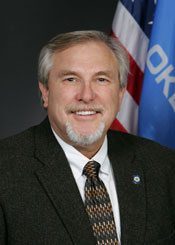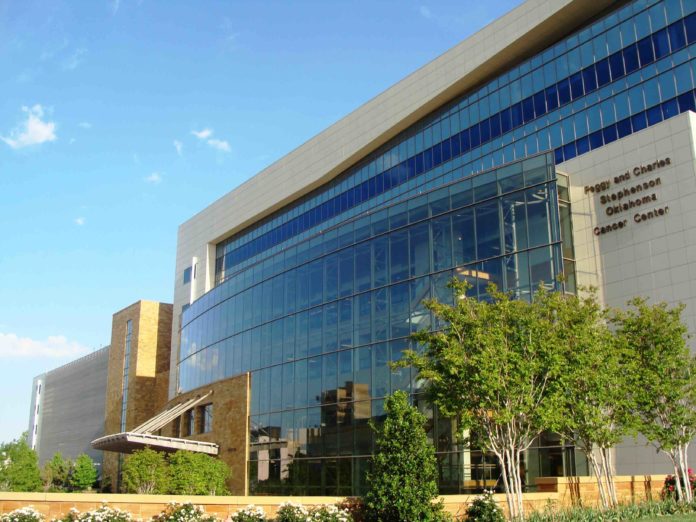BY DAVID PERRYMAN
 Fifty-four years ago in September 1962, at Houston’s Rice University, President John Kennedy spoke of a nation that had determined to “set sail on a new sea because there is new knowledge to be gained and new rights to be won, and they must be won and used for the progress of all people.”
Fifty-four years ago in September 1962, at Houston’s Rice University, President John Kennedy spoke of a nation that had determined to “set sail on a new sea because there is new knowledge to be gained and new rights to be won, and they must be won and used for the progress of all people.”
He then emphasized the urgency of a dream that he had instilled in the nation with words that reverberate through our very being. “But why, some say, the Moon? Why choose this as our goal? And they may well ask, why climb the highest mountain? Why, 35 years ago, fly the Atlantic? Why does Rice play Texas? We choose to go to the Moon! … We choose to go to the Moon in this decade and do the other things, not because they are easy, but because they are hard; because that goal will serve to organize and measure the best of our energies and skills, because that challenge is one that we are willing to accept, one we are unwilling to postpone, and one we intend to win … ”
President Kennedy’s Houston speech came after months of contemplation and planning in response to our country having allowed an enemy to gain the upper hand in a race for space. Months earlier, the president called on Vice President Lyndon Johnson to determine the needs and demands of not just regaining the lead in that race, but to do more.
Nearly 1½ years before that speech, President Kennedy had taken a plan to Congress and informed them that he believed that we possessed “all the resources and talents necessary.” He reasoned that we had simply never made the “national decision or marshaled the national resources required” to ensure the fulfillment of this plan.
Proudly, the United States did the “hard thing” of landing men on the moon … and bringing them home again.
In early 2015, President Obama’s Precision Medicine Initiative stated his belief that we possess all of the resources and talents necessary to revolutionize the treatment of human disease and that the missing factor was the lack of a national commitment. President Obama made that commitment. His initiative to accelerate biomedical discoveries is already showing results.
As a part of the commitment, the president asked Vice President Joe Biden to focus part of the initiative on cancer research and treatment. Biden, whose recent personal loss of a loved one to cancer makes him uniquely qualified to lead that effort, has begun “The Moonshot Initiative” to accelerate developments in research and treatment of cancer. As a result, regulatory and bureaucratic silos and delays are being removed.
The stated goal of the Cancer Moonshot Task Force is to make a decade of advances in cancer prevention, diagnosis, treatment and cure in five years.
The OU Stephenson Cancer Center in Oklahoma City is presenting a program on Aug. 20 at 1:30 p.m. to explain The Moonshot Initiative and how it relates to cancer care in Oklahoma. The public is invited but space is limited. To register and to receive more information, go to www.OSCOok.org.
Every day, families must face the passing of sons, daughters, husbands and wives. Young children lose parents. It is critical that this effort succeed.
President Kennedy said, “While we cannot guarantee that we shall one day be first, we can guarantee that any failure to make this effort will make us last.”
President Obama’s challenge is every bit as urgent. While we cannot guarantee victory over all cancer, we are assured that any failure to make this effort will make cancer victorious over us. It is time for our generation to do the hard thing.
– David Perryman, a Chickasha Democrat, represents District 56 in the Oklahoma House







